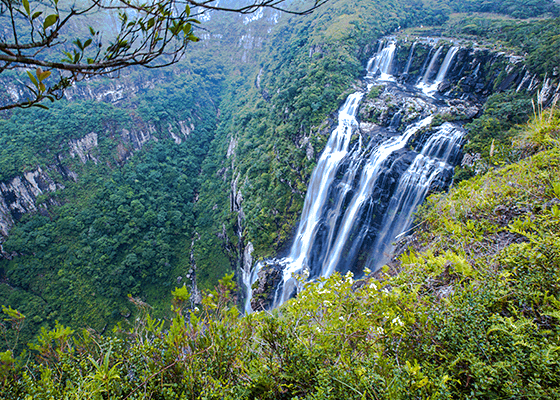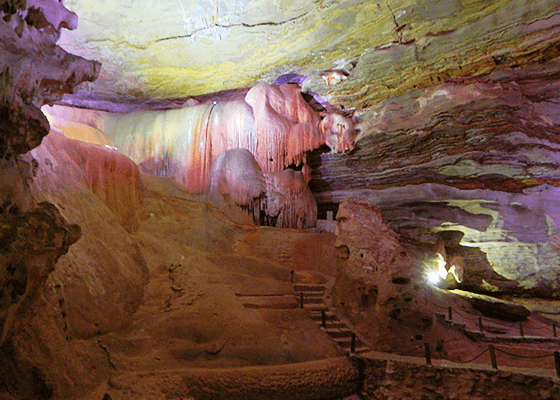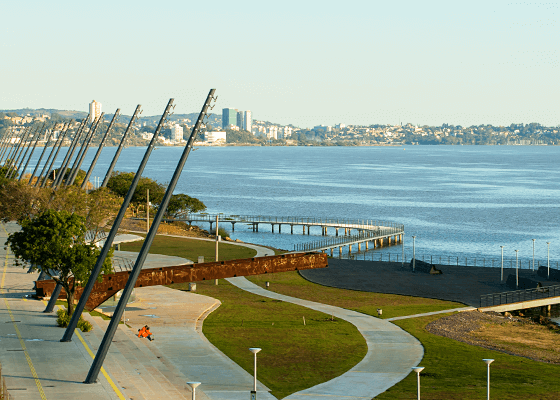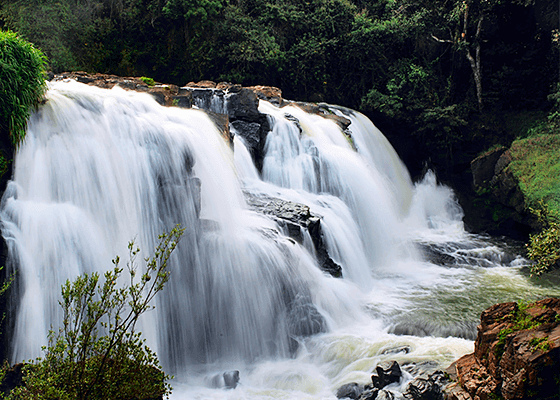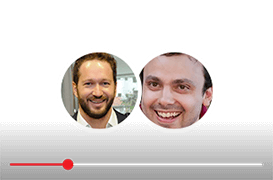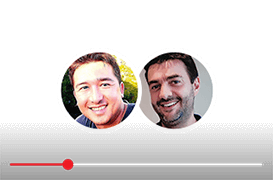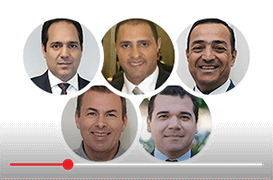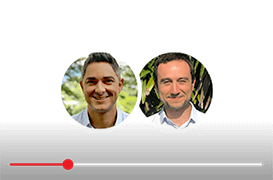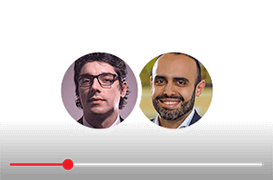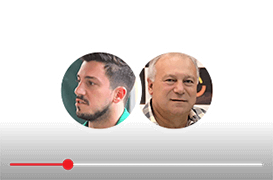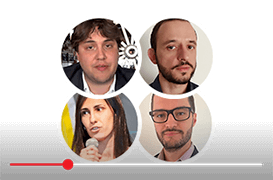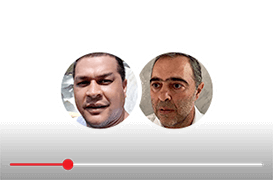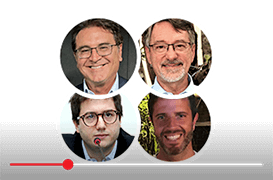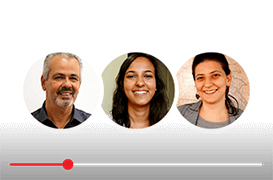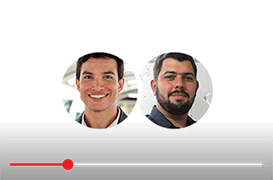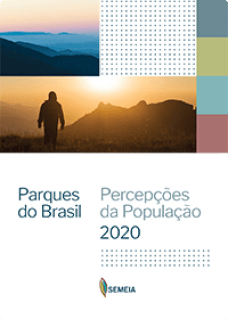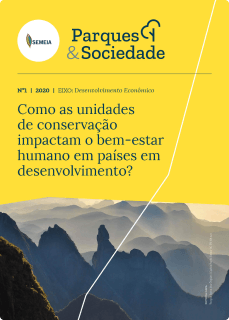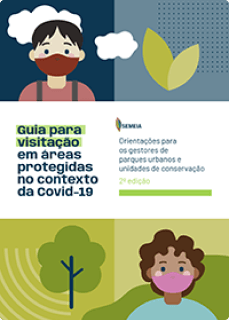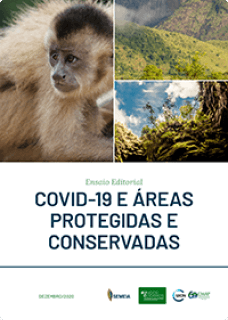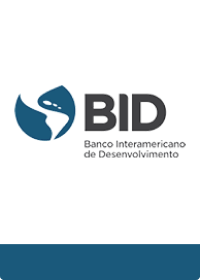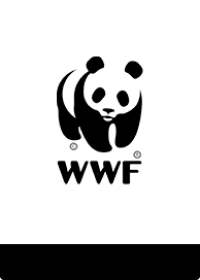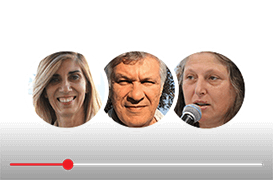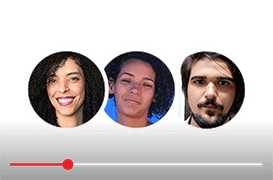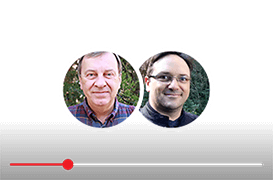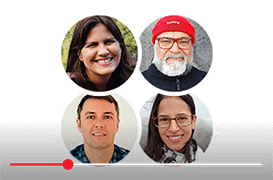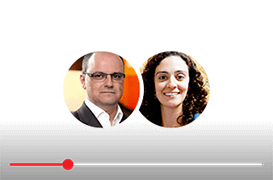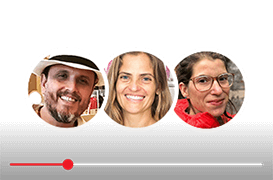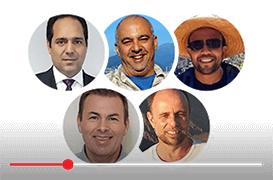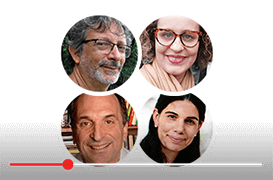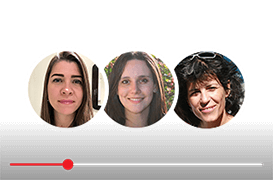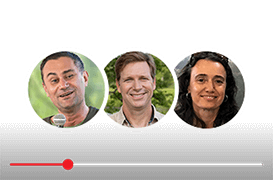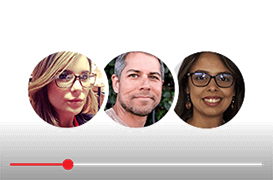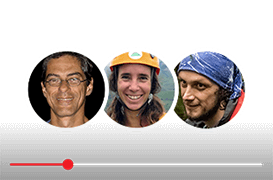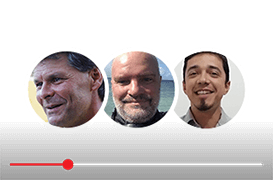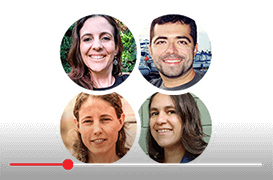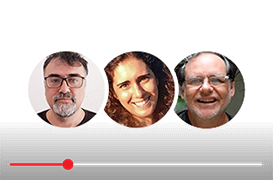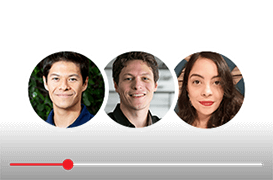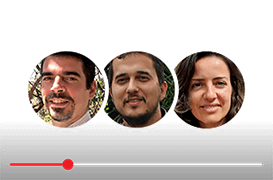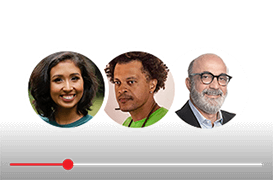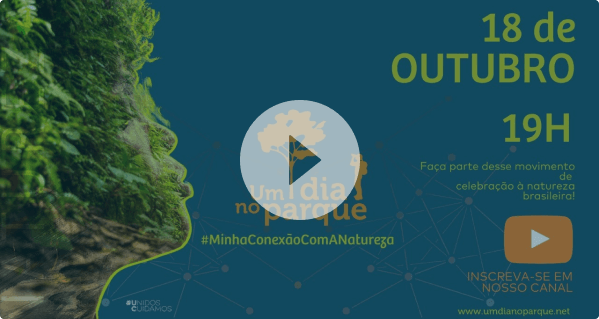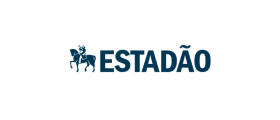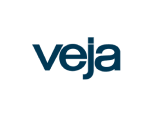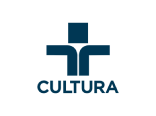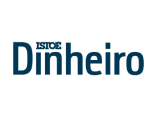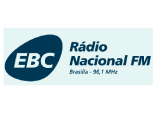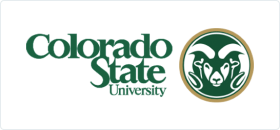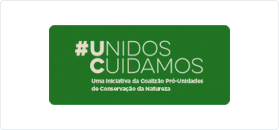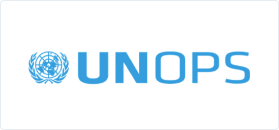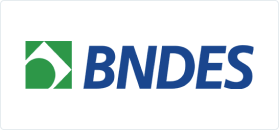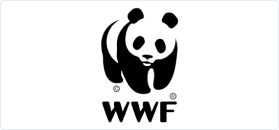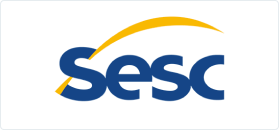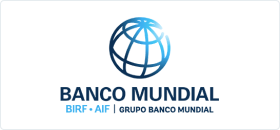Instituto Semeia, through its collaborators, expresses its solidarity with the thousands of Brazilians who are grieving the loss of loved ones and the millions of vulnerable people who are having a hard time bringing income and comfort to their families. The COVID-19 tragedy hit the world as a whole, but it had an even greater impact in Brazil, warning us about the effects of the lack of responses from the public sector, the mounting evidence of the shameful inequality we tolerate in our society, and the deficient education of a people that, for the most part, was not able to understand the importance of safety and isolation measures and put them into practice, a fact aggravated by the behavior of leaders who disdain the guidelines supported by Science.
Even in this delicate scenario, which led parks and other protected areas to have their activities suspended for many months and to a reduction in the spending budget necessary for their maintenance and preservation, we continue to work intensively on our project. Now, even more than before, we believe it will contribute to social and economic recovery, improving the quality of life of our people and the positive projection of our country’s image abroad in the environmental area. These elements make us wake up early every day with the necessary energy to always do better, visualizing a country that can bring hope to all Brazilians.
In 2020, we celebrated the expansion of partnership and concession programs at the three levels of government, involving natural and urban parks, as instruments to support public authorities in conservation and to offer more and better services to the population. Projects such as the Aparados da Serra National Park (Federal Government), the Caminhos do Mar Nucleus of the Serra do Mar State Park (São Paulo State), and the Guaíba River Bank (Orla do Guaíba) Park (Porto Alegre) are examples that illustrate this evolution.
This trend should be deepened with the engagement of new actors, such as the National Bank for Economic and Social Development (BNDES), which, in partnership with Semeia, started a broad program to support state governments in structuring partnerships in parks. We also continue to monitor and contribute to projects from the Investment Partnership Program (PPI), which last year qualified nine more federal protected areas for its concession program, raising our parks to the status of strategic projects in the country.
The search for new models of management for protected areas requires a broad dialogue. Therefore, among Semeia’s initiatives in 2020, we highlight the launch of studies such as those featured in the Parques&Sociedade series and the SemeiaLive webinars, in which we discussed tourism, visitation, public health, diversity, volunteering, and other topics relevant to parks, reinforcing our role in the articulation and dialogue with diverse audiences.
With the same purpose in mind, we have increasingly dedicated ourselves to monitoring the management of parks, pointing out best practices, suggesting course corrections and, above all, enriching and qualifying a transparent public debate with the various stakeholders involved. In joint action with the United Nations Office for Project Services (UNOPS), we launched the publication Parks for Everyone – Suggestions for the Implementation of Urban Parks with a Gender Perspective, a tool to inspire the construction of more diverse green areas. With the Coalizão Pró-UC (Pro-CU Coalition), we participated in yet another edition of the ‘A Day at the Park’ (Um Dia no Parque) campaign, which, in 2020, featured an online program.
Given the challenges faced during the pandemic, we also decided to develop actions parallel to our cause to minimize the impacts of this crisis on society, since, besides our sense of responsibility as an institution aiming to create an impact, visiting parks depends first and foremost on returning to normality. In partnership with important institutions dedicated to public health, we supported, among other actions, the SoroEpi study, a COVID-19 monitoring project in the city of São Paulo.
All in all, 2020 was an atypical and challenging year, but one that reinforced Semeia’s commitment to making our parks a source of pride for Brazilians. We will remain aware of opportunities for institutional improvement and the regulatory frameworks necessary to ensure efficiency and implement new management models, as well as contribute to initiatives that can accelerate and materialize private-public partnerships so that the population may have greater access to this significant natural heritage.
Brazil’s natural capital must be increasingly understood as a strategic pillar and driver of the country’s socioeconomic development. The shift we have seen in the world since the latest elections in the United States and the resumption of environmental commitments by major world powers only reaffirms the importance of a modern and strategic environmental agenda compatible with the demands of the 21st century. To that end, we will always be ready to support governments and civil society to make this ambition a reality.




